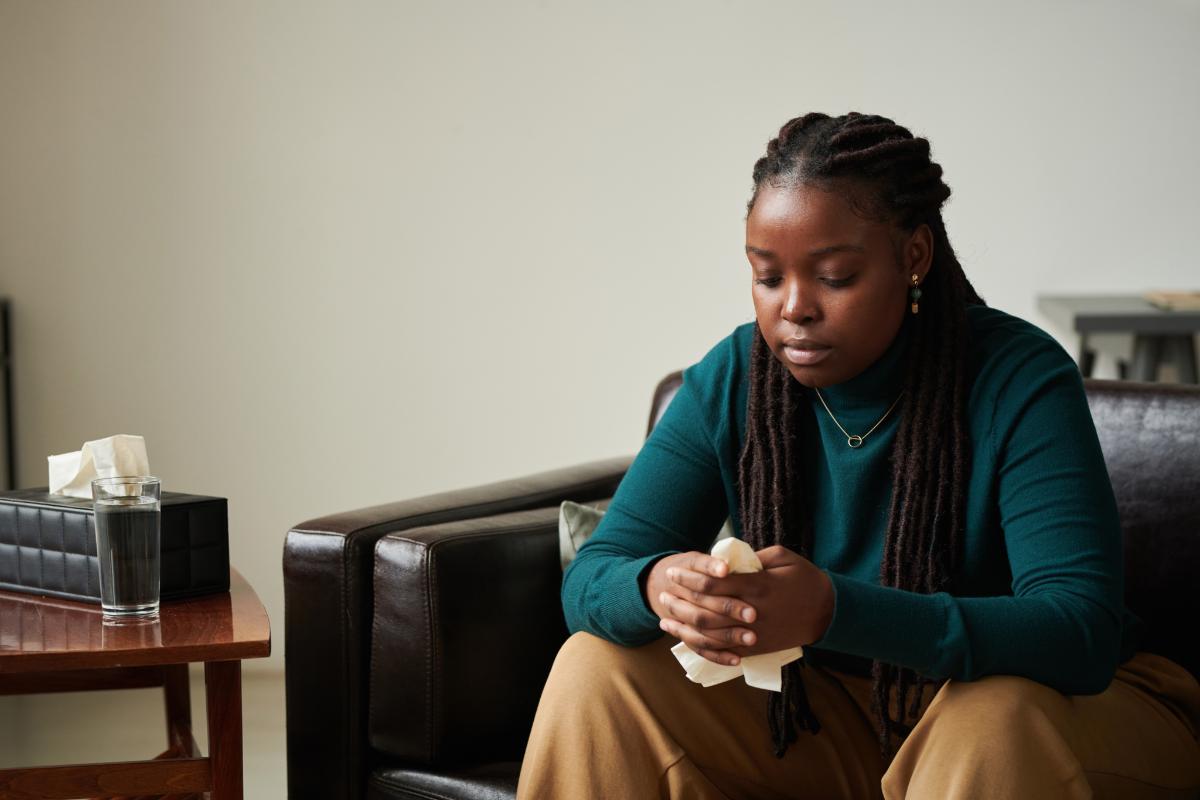
Depression is one of the most common disorders that co-occur with addiction. In fact, some people even develop an addiction as a result of depression and vice versa. Addiction can cause depression, or self-medicating a mental health disorder can lead to addiction. It’s important to understand the relationship between addiction and depression in order to get the best care for yourself or a loved one.
If you're struggling with depression and addiction, it’s important to seek treatment. There are many effective treatments for both depression and addiction, so you can get back to living a healthy, productive life. Don’t hesitate to reach out for help—there is no shame in seeking treatment for mental health disorders.
Because of how often these disorders appear together, many addiction treatment centers offer depression treatment. For a lot of people, treating both addiction and depression is the only way to avoid future relapse. Want to learn more about your treatment options? Call us today at 866.957.7885.
For people who suffer from depression and addiction, dual diagnosis treatment is absolutely necessary. Depression treatment during a rehab program addresses both the addiction and underlying issues that initially led to the substance abuse problem. In terms of depression rehab, the underlying issue is usually, you guessed it, depression.
Additionally, co-occurring disorder treatment often includes therapy. The different therapeutic methods people can expect in rehab include:
Beyond traditional therapy, those with depression receive similar treatments to patients with addiction. Overall, the main priority is helping them overcome addiction first. Once their substance abuse is under control, the rehab center begins treating depression. It’s extremely important to treat the depression first because this prevents future relapse.
Through depression rehab programs, you can find relief from depression and addiction symptoms. The cycle ends with dual diagnosis treatment in San Antonio.
Even after undergoing dual disorder treatment, individuals may still find themselves grappling with the challenges of depression. This mental illness demands ongoing efforts to maintain overall well-being, just as addiction does. Fortunately, there are always practical tips available to help alleviate symptoms and promote a healthier state of mind.
First and foremost, incorporating regular exercise into your routine can make a significant difference. When facing depression, even simple tasks can feel overwhelming, such as getting out of bed or going to the grocery store. However, if you can muster the strength to engage in a little physical activity, you'll begin to experience a positive shift in your mood. Start small, perhaps with a short walk, and gradually add more to your exercise regimen over time.
In addition, it's crucial to set realistic goals for yourself. While it may be tempting to set lofty, unattainable goals, they often lead to feelings of disappointment and self-criticism when they are not achieved. Instead, focus on smaller goals that you can easily check off your list. Accomplishing these smaller milestones will provide a sense of accomplishment and boost your overall well-being.
Moreover, the impact of lighting on your mood should not be underestimated. For instance, spending prolonged periods lying down in a dark room can contribute to feelings of sadness. Even artificial lights can have a positive effect on your mood.
Similarly, make it a point to spend time in the sun whenever possible. Just 10 to 15 minutes of daily sunlight exposure can significantly enhance your mood and overall well-being.
If you find yourself feeling isolated, don't hesitate to reach out to a friend and plan to meet for coffee or tea. Meeting in a familiar setting and spending time together can provide much-needed social interaction and emotional support.
At San Antonio Recovery Center, our goal is to help you end your addictive behavior and depression. However, ending addiction also means preventing it from coming back. Therefore, we aim to create custom treatment plans that help you with addiction and any underlying issues. The programs we offer include:
Don't try to overcome addiction or depression symptoms alone. Let our friendly staff guide you down the path to successful, lasting sobriety. Contact us and find out how we can brighten your future. Give us a call today at 866.957.7885 to begin your life-changing journey.
contact us now!
